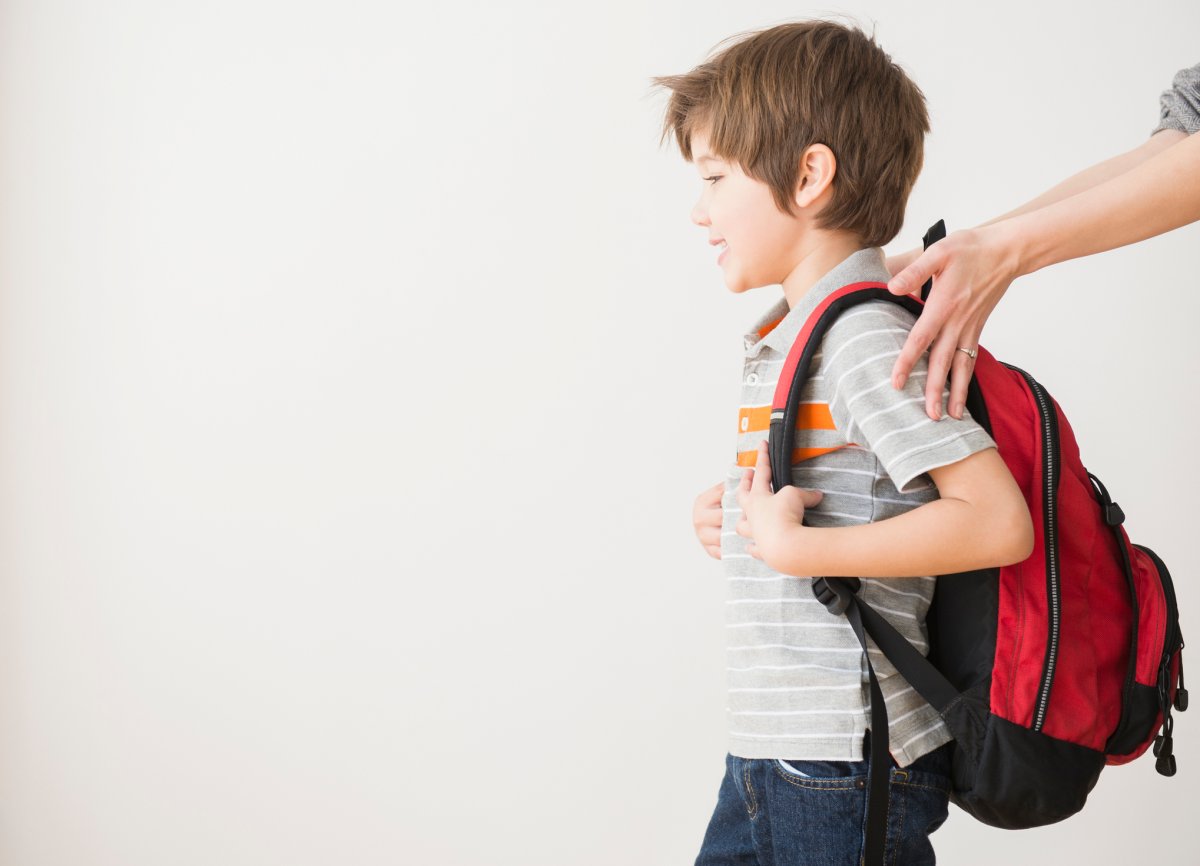How young is too young for a child to walk to a bakery down the street from his or her house? There really is no cookie-cutter answer (no pun intended) and there is a tendency these days to err on the side of — what appears to be — caution.

The pendulum has swung too far in that direction and the end result is the phenomenon known as “helicopter parenting,” whereby parents are constantly hovering over their children, denying them the opportunity for some independence and the chance to experience the world around them.
It’s easier for parents to imagine an immediate and present threat (such as falling off a bicycle or playground equipment, being hit by a car, or even being attacked or abducted) than to focus on this approach’s longer term impacts on their children. The former, however, is often exaggerated whereas the latter is misunderstood and unappreciated.
- ‘Alarming trend’ of more international students claiming asylum: minister
- Canadian government’s satellite deal has Tories calling for Elon Musk involvement
- Justin Trudeau headed to UN Summit of the Future amid international instability
- Activists call for Boogie the monkey to be removed from Ontario roadside zoo
A study released earlier this year by the American Psychological Association found that “helicopter parenting” can be detrimental to a child’s well-being. They argue that children “need space to learn and grow on their own” and that “over-controlling parenting can negatively affect a child’s ability to manage his or her emotions and behaviour.”

Get daily National news
We may look back at 2018 as a turning point in this debate. Sparked by the work of activist Lenore Skenazy, the state of Utah this year became the first jurisdiction to enact “free-range parenting” legislation. Essentially the law gives parents more benefit of the doubt by changing the definition of “neglect” and clarifying that it would not apply in situations where kids are playing in the park or walking to school unsupervised.
Other states are looking at introducing similar laws, and if Winnipeg mom Katharina Nuss has her way, Manitoba would join that list. Nuss has started a petition to bring such a law after her attempts to allow her children some freedom were stymied by a nosy neighbor and an overzealous bureaucrat.
Nuss has three children, aged 9, 7, and 3. They are fortunate enough to live in a neighbourhood where there are many young families and it is commonplace for kids to be outside playing. There’s even a bakery down the street from their house. A few months ago, she let her two younger kids walk down to the bakery to pick up some cheese sticks. She says that from her own lawn she can see the kids almost right until they enter the store and then can watch them walk back home, which is exactly what happened that day.
However, a disapproving neighbour took notice of all of this and placed a call to Child and Family Services (CFS). Several weeks later, a CFS worker showed up at her home to let her know that her kids should not go anywhere alone until they are 12 years old, as stated in Manitoba law.
And indeed, Manitoba’s Child and Family Services Act stipulates that “a child is in need of protection where the child … being under the age of 12 years, is left unattended and without reasonable provision being made for the supervision and safety of the child.” But what is a “reasonable provision?” The law isn’t at all clear about that. Can an 11-year-old not walk to school or a friend’s house alone?
Nuss believes that if Manitoba is interpreting the law to mean that there are no circumstances under which a child under the age of 12 can be left unsupervised, then Manitoba needs to change its law. She has started a petition calling for the province to enact a “free-range parenting” law and as of this writing nearly 9,000 people have signed it.
Ideally, we’d see all Canadian provinces adopt such an approach. We see far too many examples of this sort of thing and it’s time for the pendulum to swing in the other direction — in the direction of common sense. We all want what’s best for kids, and “helicopter parenting” isn’t it.








Comments